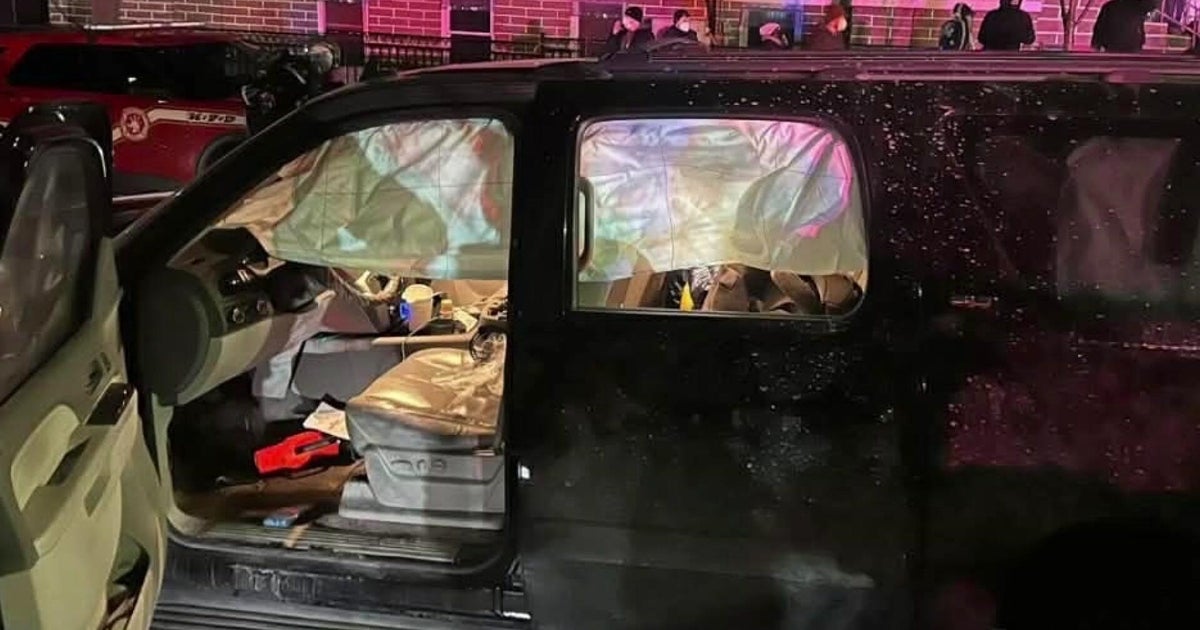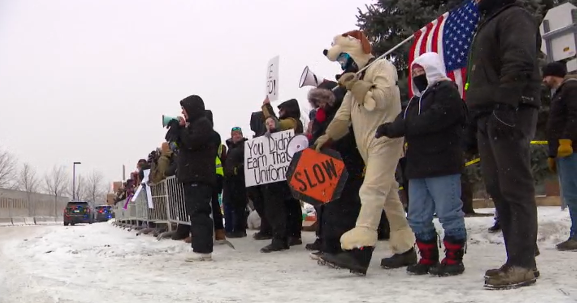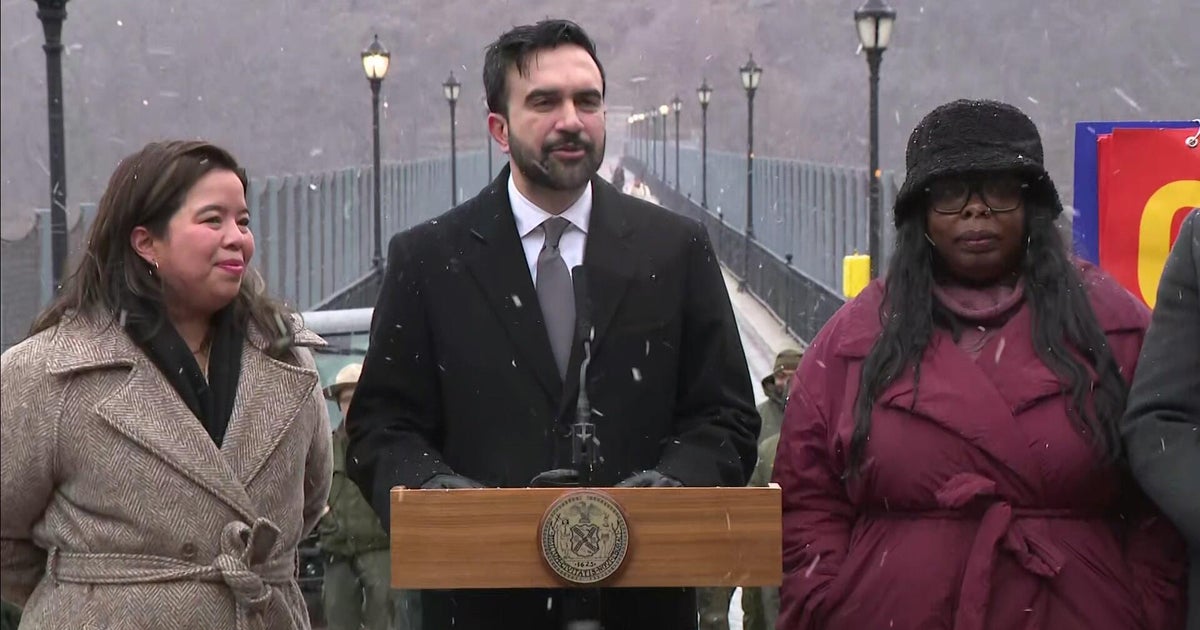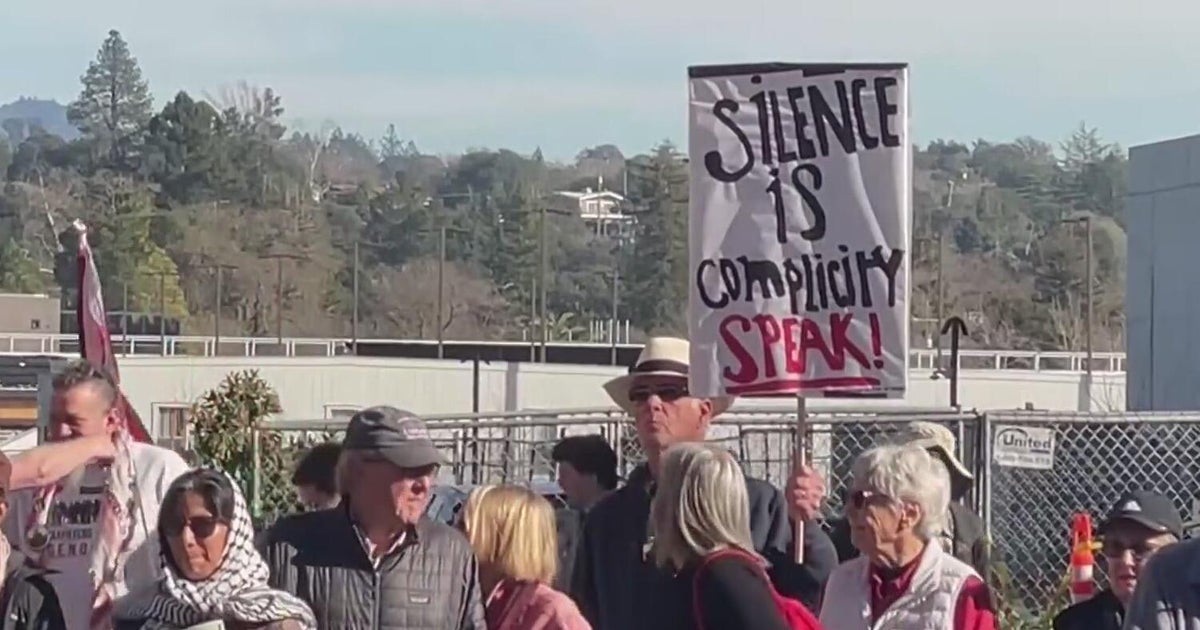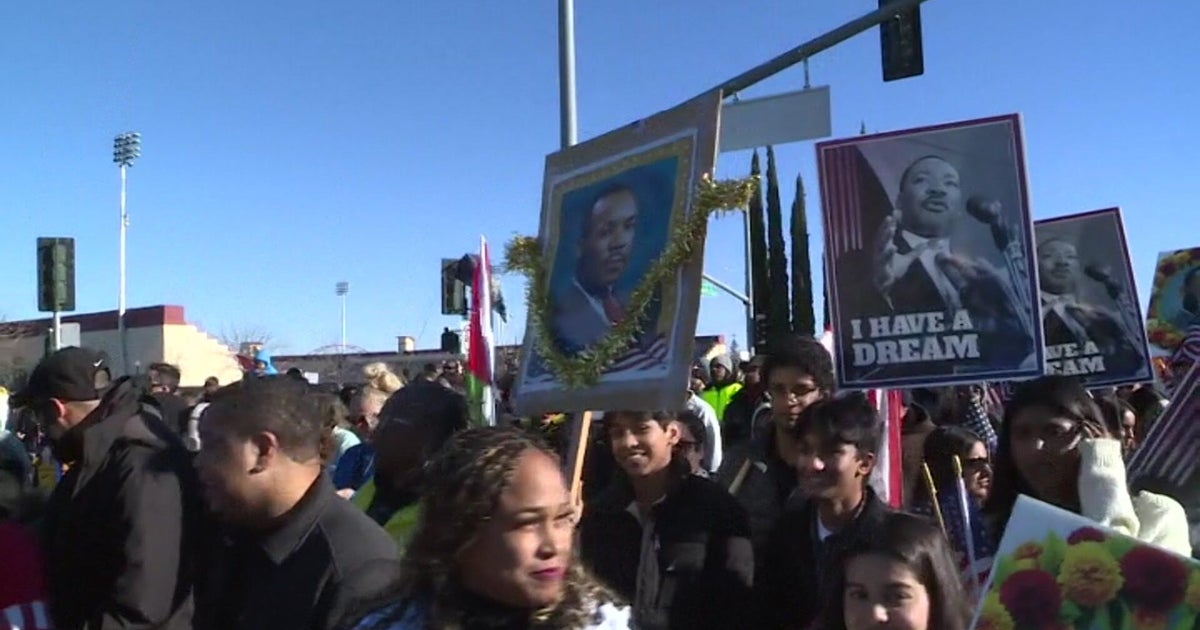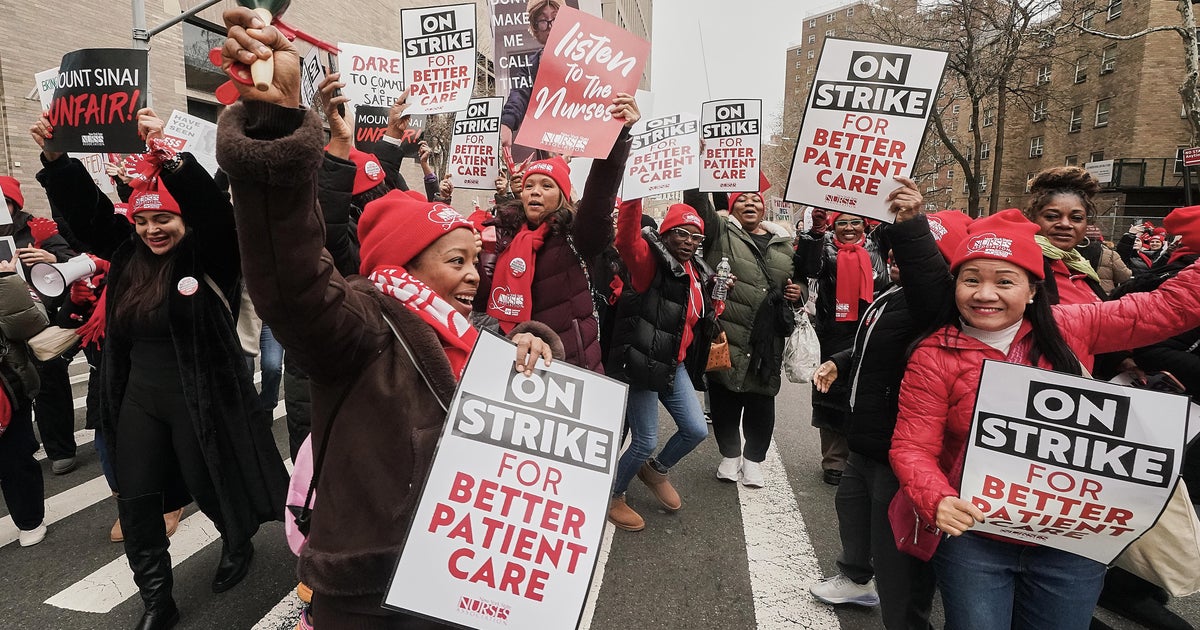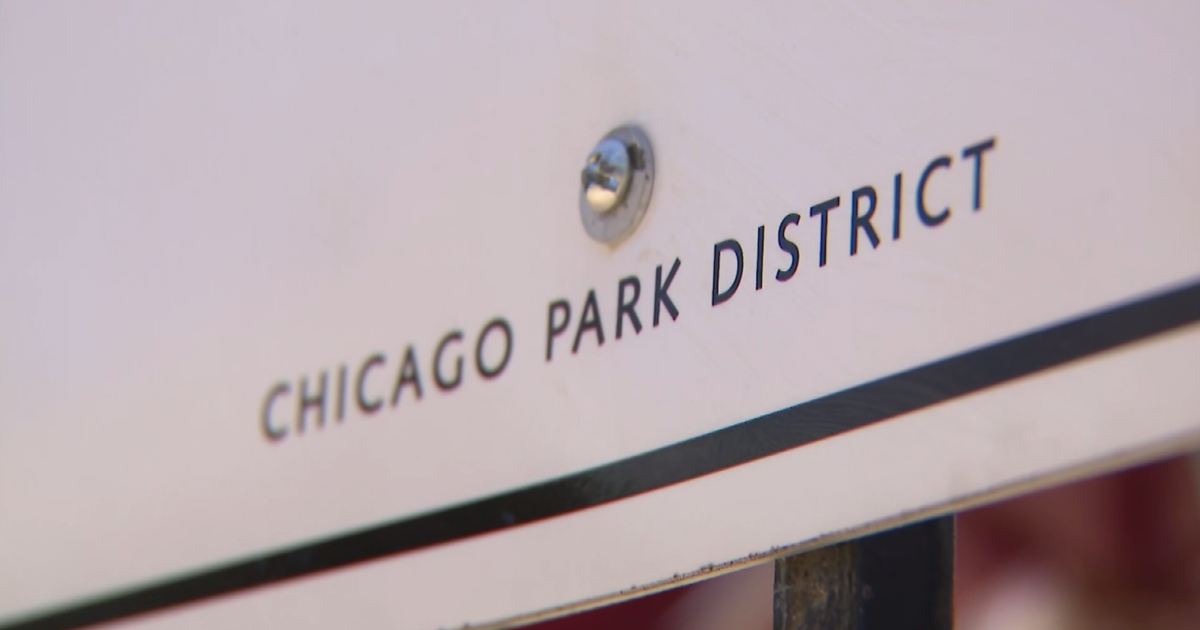Twin Cities parks again ranked among top 3 best in the country, ParkScore says
MINNEAPOLIS — If you're spending time in a Twin Cities park this summer, know it's among the best in the country.
Parks in Minneapolis and St. Paul are second and third, respectively, on the annual ParkScore index, the Trust for Public Land announced Wednesday. Washington D.C. parks took first place on the ranking.
The Minneapolis Park and Recreation Board says it added two dog parks this year, which helped increase its score for park amenities. Last year, Minneapolis ranked third and St. Paul ranked second.
"It is an honor to rank among the very best city park systems in the United States," said Al Bangoura, superintendent of the Minneapolis Park and Recreation Board.
The Trust for Public Land says nearly 99% of residents of Minneapolis and St. Paul live within a 10-minute walk of a park. The national average is 76%, according to ParkScore.
Both Minneapolis and St. Paul score above the national average for park investment and park acreage.
This is the tenth year St. Paul has ranked in the top three on the ParkScore index.
"Through continuous innovation and community engagement, we're committed to ensuring that our parks remain vibrant, inclusive spaces where all who visit them can find joy, connection, and belonging," said St. Paul Parks and Recreation Director Andy Rodriguez.
A new study published by the Trust for Public Land shows residents of cities with a high ParkScore are, on average, more socially connected and engaged with their neighbors compared to those with a lower score.
However, park equity could be improved. Minneapolis neighborhoods where residents are a majority of people of color have 54% less park space than those in predominantly White neighborhoods. Residents in low-income neighborhoods have 64% less park space than those in high-income neighborhoods. The national average disparity is 45%.
"We are committed to equitable investments in park improvements and programming, and to increasing access to parks in low-income neighborhoods and areas where residents identify as people of color," Bangoura said.
The Minneapolis Park and Recreation Board recently acquired a 20-acre park along the Mississippi River, which it says will increase park and riverfront access in a racially diverse and economically challenged area.
